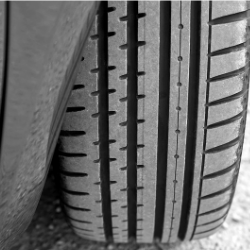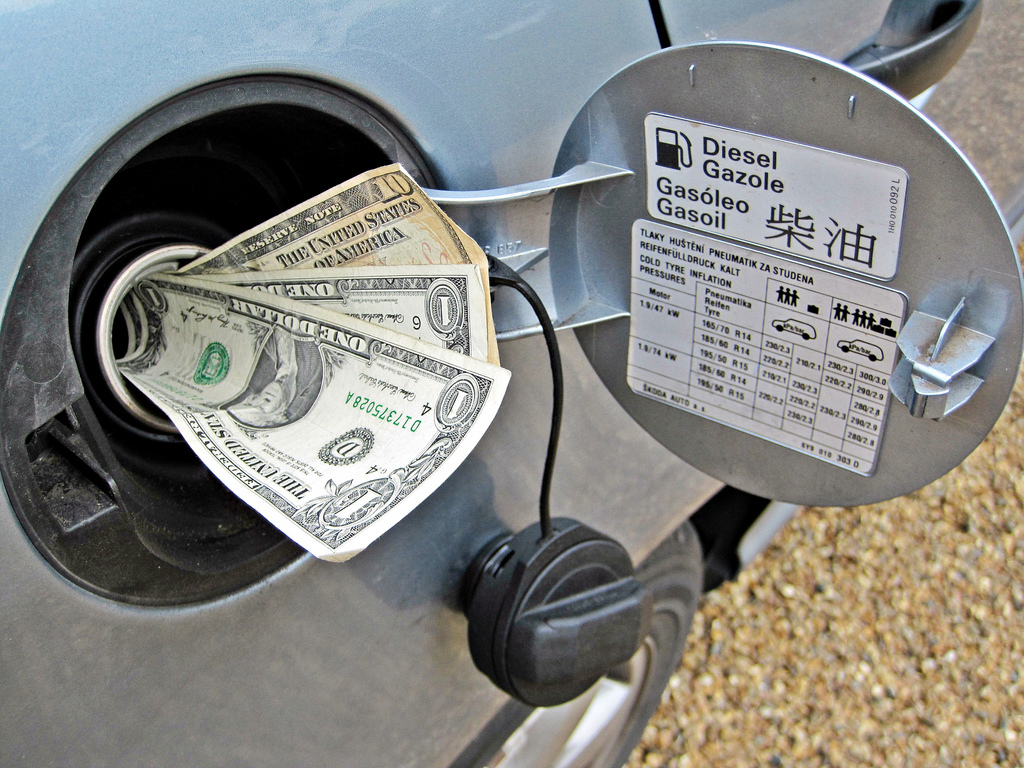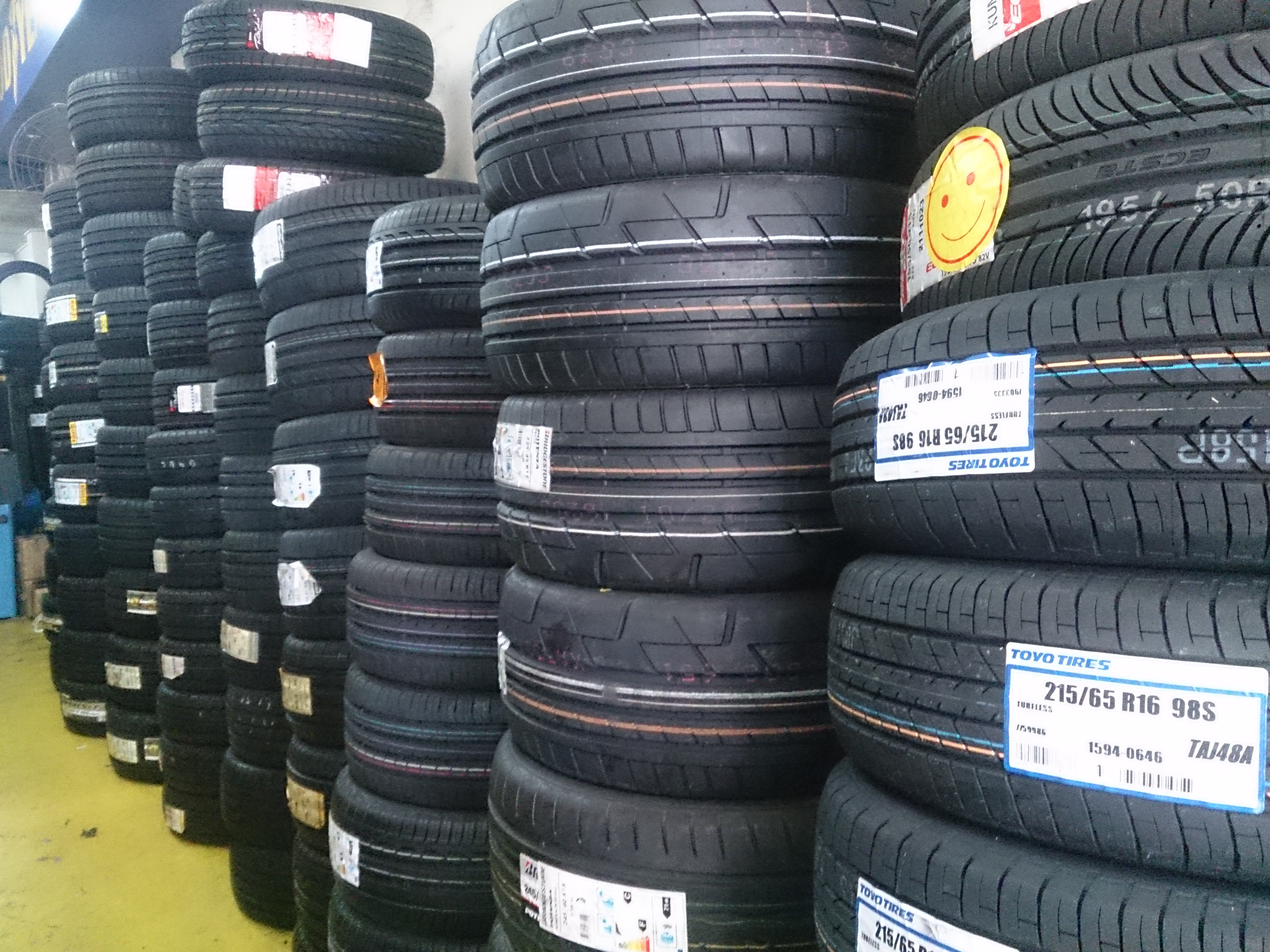Posted on 7/27/2017

Summer is a great time to head to the movies and what could be more American than heading to the local drive-in to take in a movie while enjoying a piece of classic Americana? But don't head to the drive-in unprepared. Follow these quick tips to make the most of your viewing experience. 1. Check Your Battery - Drive-in theaters these days pipe the audio through your car stereo and you won't be able to leave your engine running for a two hour plus cinematic experience. Your battery will be doing the heavy lifting during the show, so make sure it is in good shape and holds a full charge so you won't miss any of the film or fail to start when the show is over. Throw a good set of jumper cables in the trunk just in case. 2. Stereo Upgrade - Every new movie features big sound and you want your stereo system to be up to the task. An upgrade in your stereo head unit (the part in your dash) or a set of higher grade speakers can really amp up the volu ... read more
Posted on 7/6/2017

Head into the showroom at any tire retailer and you will find a dizzying array of tire types, sizes, tread patterns and other variables that can have you turning right back around and heading the other way. The good news is a step-by-step approach to choosing the right tires for your car, truck or SUV with a little knowledge can make the process much simpler and give you great results. The type of tire you need depends on what kind of vehicle you have, your driving style and the type of weather you must cope with in your area. All Season Tires - Sometimes called Touring Tires, All Season Tires deliver good performance, handling and ride quality on dry, wet and moderately snowy roads. This is the most popular tire type and can be found on most four door sedans, wagons, small SUVs and sporty coupes. Choose All Season Tires for the most well rounded on-road performance. Truck Tires - As the name suggests, these tires are typically found on trucks and large SUVs. Truck tires ... read more
Posted on 6/29/2017

You notice that suddenly your vehicle seems to be getting worse gas mileage than it did awhile back. Why? What happened?Like with most things on your vehicle, there can be numerous problems at the root of poor fuel economy. Let’s start with the simple ones and work our way to the more complicated issues:Tires: This one’s easy. Underinflated tires mean more rolling resistance (think about riding a bike with a low tire), and more rolling resistance means poorer fuel economy. Check your tire inflation at least once a month, while the tires are cold, using a good quality tire gauge. Even a pound or two of underinflation can be enough to cause problems!Air filter: The air filter is made of pleated paper or fabric elements which prevent pollen, dust and particulates from entering the fuel system where they could do some real damage and cause wear. A clogged air filter can literally smother the engine by restricting air flow. Take out the air filter and hold it up to a bright ligh ... read more
Posted on 6/15/2017

Your tires are a big investment, and while it’s easy to just take them for granted, you want them to last through their entire warranty phase (at least). Here are some tips on how to get the most life out of a set of tires:Tire rotations: No vehicle has 50/50 weight distribution from front to rear, and front tires see a different set of stresses from braking and cornering. Rotating your tires at a 5,000-mile interval ensures even wear and good drivability and handling.Proper inflation: Underinflated tires are bad news! They’ll wear unevenly due to their altered footprint, they’ll cost you money in terms of higher rolling resistance and poor fuel economy, and the stress from overheating can lead to premature tire failure. Check your inflation levels at least once a month, using a good quality tire gauge.Wheel alignment: Think about someone who walks with one foot skewed out to the side. That shoe will wear unevenly, usually at the heel, and that’s not unlike what ... read more
Posted on 5/25/2017

So you got a new set of wheels – congratulations! You’re going to want to hang onto it as long as possible, so you’ll want to keep it maintained as well as you can. Here are some suggestions:First, read the owner’s manual carefully and stick to manufacturer’s recommendations for service intervals. There are certain things that are critical enough that failure to adhere to recommendations can void a new car warranty. Don’t let that happen!For instance, just about every manufacturer recommends synthetic oil for their engines; it provides better protection in just about every respect, and it’s more stable at high and low temperatures. If your owner’s manual prescribes a 10,000-mile oil change, stick with that and be sure to use the brand and grade of motor oil called for in the manual.Apply a good coat of wax to your vehicle, and another one on top of that. A properly waxed vehicle does more than just look good, it helps repel grit and grime ... read more